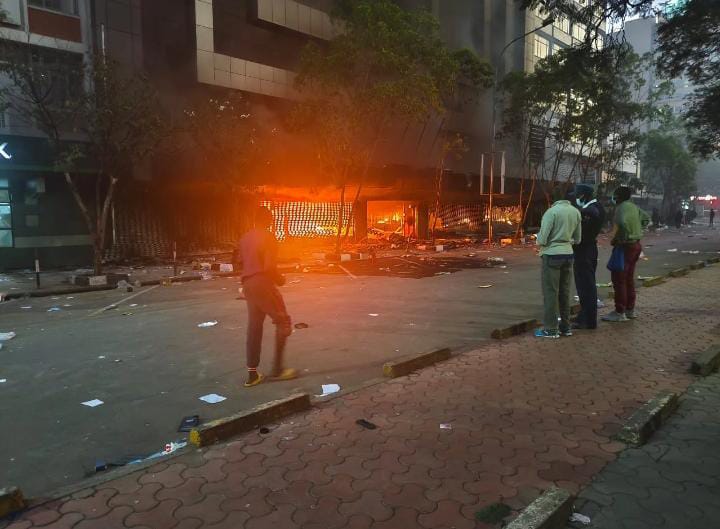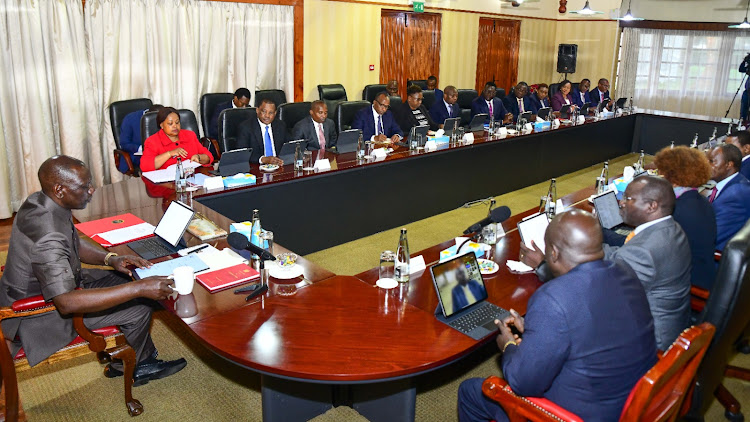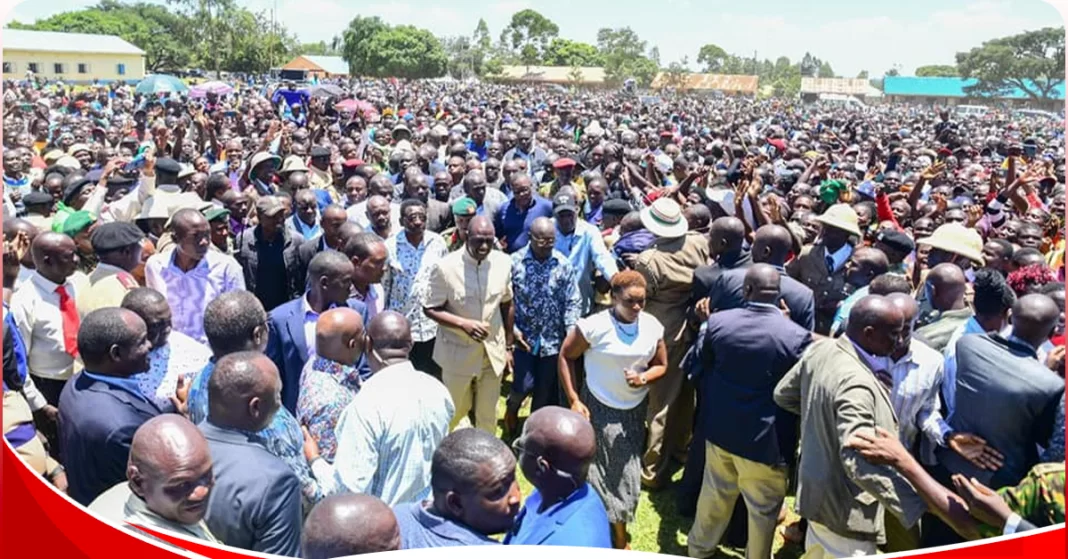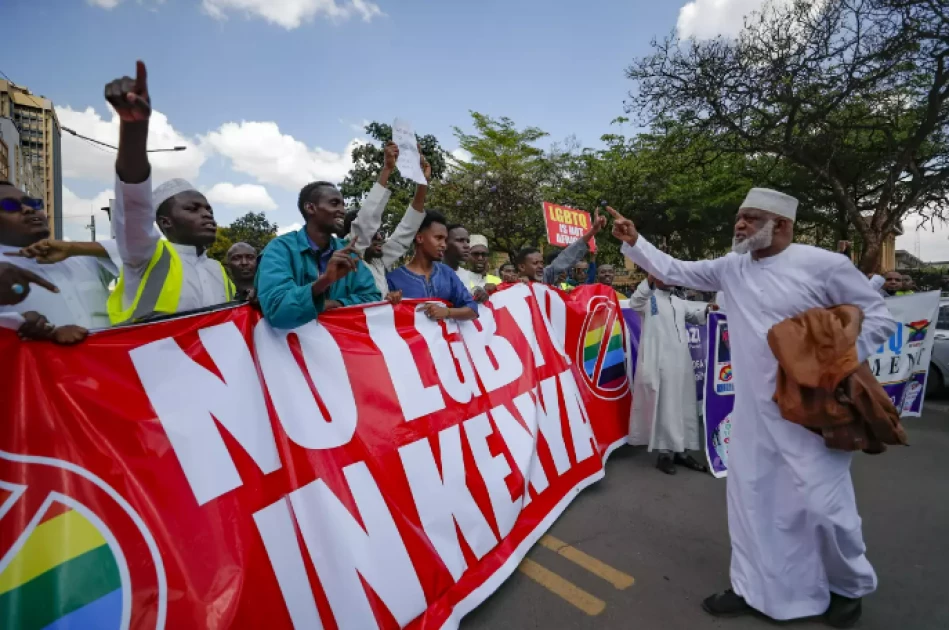UNREST IN THE NATION


Today, protests have erupted across the nation in response to the Finance Bill of 2024, marking a significant wave of public dissent. The bill, introduced by the government to outline fiscal policies and budget allocations for the upcoming fiscal year, has sparked widespread outrage primarily due to its perceived impact on the general population.
Central to the protests is the belief among demonstrators that the Finance Bill disproportionately benefits the wealthy while imposing severe austerity measures on the middle and lower classes. Key provisions, such as tax hikes on essential goods and services, reductions in social welfare programs, and cuts to public sector spending, have galvanized opposition from various socio-economic groups. Many protesters argue that these measures will deepen inequality and worsen economic hardships for ordinary citizens already struggling with rising costs of living.
Amidst peaceful demonstrations, a concerning incident occurred when a group of radicalized protesters attempted to storm the parliament building in the capital leaving 2 dead on spot and several injured. This brazen attack on the seat of government reflects the intensity of public frustration and underscores the severity of the situation. Law enforcement agencies swiftly intervened, using non-lethal force to disperse the crowd and restore order. The incident has prompted nationwide debate on the boundaries of civil disobedience and the responsibilities of protesters and authorities alike in maintaining public safety and democratic processes.
Political reactions to the protests have been mixed, with opposition parties condemning the Finance Bill and supporting the right to peaceful protest, while the ruling party has defended the legislation as necessary for economic stability and growth. As tensions continue to simmer, dialogue between government officials and protest leaders is essential to address grievances and find a balanced approach to fiscal policy that meets both economic imperatives and public welfare needs.
In conclusion, the protests against the Finance Bill of 2024 highlight deep-seated concerns about economic fairness and government accountability. The incident at the parliament serves as a stark reminder of the challenges in navigating dissent in democratic societies and underscores the need for constructive dialogue and inclusive policymaking to forge a path forward.
















